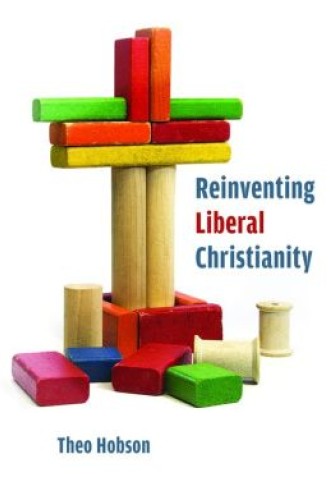Reinventing Liberal Christianity, by Theo Hobson
Theo Hobson, a British theologian and journalist now teaching at General Theological Seminary in New York, has written a sweeping, ambitious book tracing the historical emergence and fate of liberal theology in the modern period. In it he advocates for a specific understanding of that interpretive tradition. He reports: “I have been motivated by the conviction that the fashion toward antiliberalism is bad for Christian proclamation. There needs to be new clarity that the liberal state is a good thing.” The book thus becomes a defense of the “liberal state” and of the way in which good liberal Christianity is allied with it.
Hobson sets up his argument by noting that at the outset Christianity broke with the old order of Judaism and the Jewish law and thus “uniquely established freedom as the heart of moral idealism.” Liberal then comes to connote freedom from the old order that seeks to control, and the liberal state that champions freedom comes to be a natural and indispensable ally of liberal Christianity.
Because the Roman church drifted toward centralized control, Hobson judges that the Reformation initiatives of Luther and Zwingli were precursors of modern secular liberalism. He then turns to England, where the liberal state began to emerge, first with the Elizabethan settlement, which moved toward toleration for dissent but without loosening the state monopoly. The subsequent contestation led to the English Civil War, which further challenged any form of absoluteness; the intrusion of Scottish Calvinists into the English controversy amounted to a harbinger of “the end of Christendom” and to qualification of its monologic system of control.





